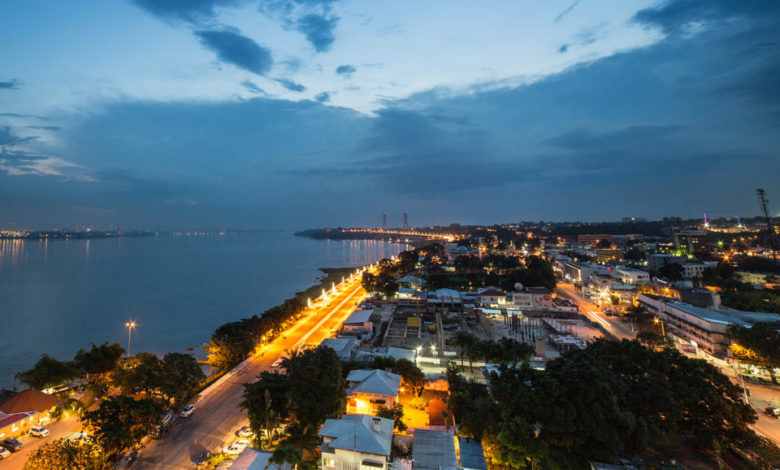COVID-19 Sends Congo Brazzaville Economy To Cracking Point

If the COVID-19 pandemic does not end any time soon, the economy of the Central African nation of Congo Brazzaville will completely collapse, information available to HumAngle indicate.
Economic indicators point to the fact that some sectors of the economy have already collapsed by over 90 per cent as is the case with the building and public works sector which activities have collapsed by 92, while those of the food production industry have seen a 55 per cent drop in output.
According to official Congolese sources in Brazzaville, the overall economy has slumped by10 per cent as the COVID-19 pandemic continues.
As at Friday, July 24, 2020, the COVID-19 situation in the country stands at 2,633 confirmed positive cases, 626 successfully treated and discharged 49 deaths reported. One thousand, nine hundred and forty-nine patients are currently being treated in various health facilities in the country.
“There has been a drastic increase in the rate of unemployment as lay-offs and redundancies, especially within the formal sector have continued to rise.
There is a strong contraction in foreign trade both in exports and imports leading to an important degradation in public revenue which led to the readjustment of the current budget,” an economist in the Ministry of Finance in Brazzaville, who opted for anonymity because he is not authorised to speak on behalf of the ministry told, HumAngle on Friday.
Official figures indicate that agricultural establishments as well as the cattle and fisheries sectors recorded a 34 per cent drop in their activities between March and April 2020.
The mining industry has virtually grounded all activities due to the drastic drop in world demand and market prices.
The forestry and petroleum sectors have been constrained to the same deficient output while overall trade and the goods and services sectors have witnessed a drop of over 50 per cent in their operations.
“All the formal sectors of the national economy have been seriously struck by the disastrous effects of the COVID-19 pandemic. This does not mean the informal sector has been spared either. It is also facing bad times as even the vendeurs ambulante (mobile hawkers) have been forced to park”, revealed the same source in the Ministry of Finance.
Support Our Journalism
There are millions of ordinary people affected by conflict in Africa whose stories are missing in the mainstream media. HumAngle is determined to tell those challenging and under-reported stories, hoping that the people impacted by these conflicts will find the safety and security they deserve.
To ensure that we continue to provide public service coverage, we have a small favour to ask you. We want you to be part of our journalistic endeavour by contributing a token to us.
Your donation will further promote a robust, free, and independent media.
Donate HereStay Closer To The Stories That Matter




